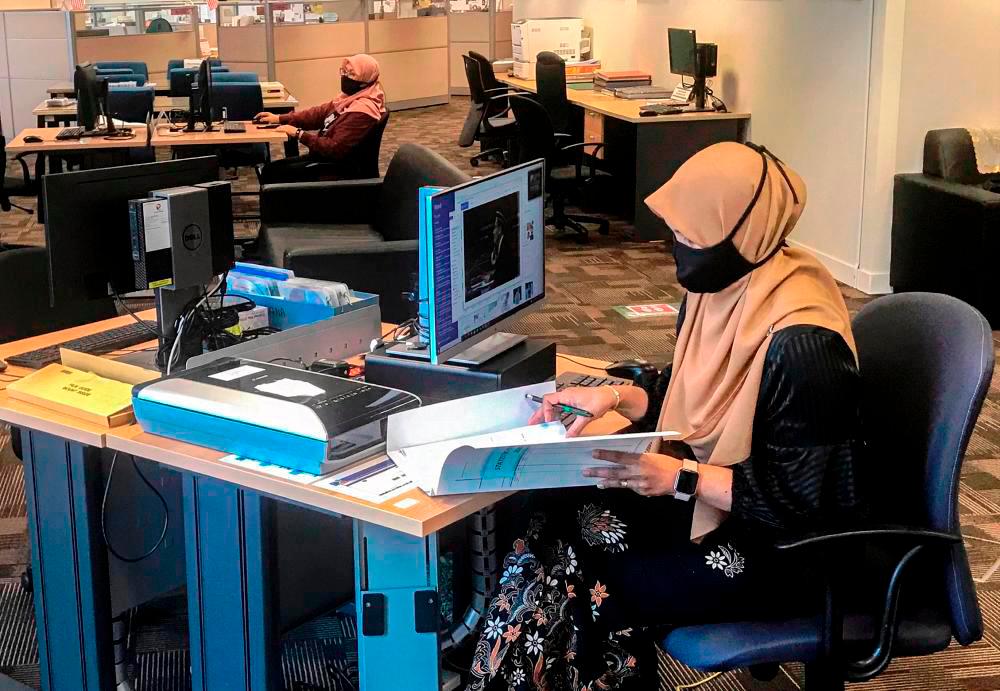PETALING JAYA: Socio-economic Research Centre executive director Dr Lee Heng Guie has urged the government to implement investment and economic policies that foster business growth, create high-skilled jobs and improve wages to address brain drain.
He said constant brain drain would hinder Malaysia’s progress through shortages in talent, that dampen economic and industrial development and technological advancement.
“The depletion of skilled citizens affects economic growth, overall productivity and national output as it worsens talent shortages, leading to increased wage pressures among existing talent pools.
“The government must create a ‘critical mass’ of the educated and entrepreneurial by offering equal and fair education and job opportunities based on meritocracy, incentives for start-ups and a better working environment, among others, to attract the Malaysian diaspora to return home.”
He said a prime example of reverse brain drain was seen in India during the dot-com bubble in the late 1990s and early 2000s.
“Many Indian professionals, who had migrated for better opportunities in the US, found themselves returning to India, drawn by the burgeoning tech industry and improved economic conditions.
“The Chinese government has also implemented a series of policies, which include creating favourable economic conditions, ensuring political stability and offering tax breaks, research opportunities and significant bonuses to returning citizens.”
Lee said the success of the policies is evident in the growing number of professionals, researchers and academics who returned to contribute to China’s booming economy and technological landscape.
He said the same strategy could be implemented to address the brain drain and incentivise Malaysian talents to return.
Malaysian Social Science Association sociologist Dr Fatimah Al Zahrah said there must be a push factor causing Malaysians to leave the country.
“Some who study abroad may marry a local, making it complicated to return home. These individuals, who are highly skilled and valued abroad, play a crucial role in the growth, sustainability and development of their adopted country, while Malaysia loses out and the gap between nations widens.”
She said since Malaysia cannot keep citizens from migrating, structural and systemic concerns should be addressed to teach and encourage citizens to think beyond their self-interests and ensure they are comfortable working in their homeland.
“For the sake of the next generation, authorities should think about the long-term effects of brain drain and reduce the disparity in our population and between states.
“Malaysia has set up an impeccable strategy since 2011 to resolve brain drain issues. However, we must review and improve it,” she said, adding that despite introducing sound policies, monitoring and evaluation of their implementation is poor.
“It is not just about financial concerns but also work-life balance. Being able to achieve a high quality of life in a particular country may be a factor that pushes citizens to leave and look for greener pastures.”
She said it is crucial for Malaysia to think long term about how to retain and cultivate talent locally, which involves creating an environment that fosters skills development and ensures talented individuals are valued with competitive salaries.
“We should develop more talent and create an environment that continually enhances skills and meaningfully cares for our citizens.”









